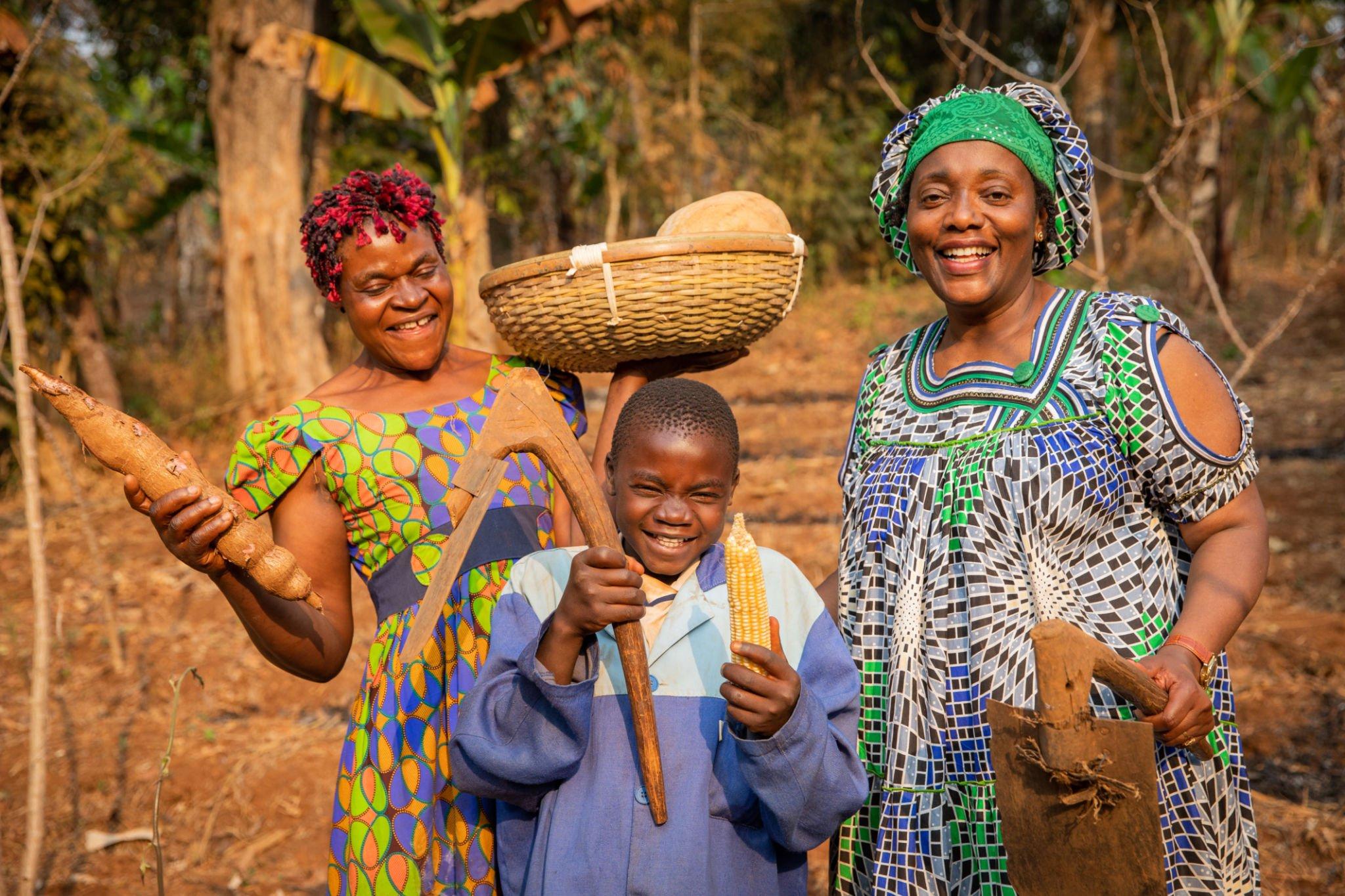Immerse Yourself Deeper Into My World

Celebrating African Culture
Africa is a continent rich in culture, history, and diversity. From the bustling markets of Marrakech to the serene savannas of the Serengeti, Africa offers a unique and diverse experience for all who visit. However, Africa's culture is more than just its sights and sounds. It's a complex and multifaceted identity that has evolved over thousands of years, and it's something that should be celebrated and preserved.
One of the most recognizable aspects of African culture is its vibrant and colorful traditional clothing. From the Maasai of East Africa to the Tuareg of North Africa, each tribe and ethnic group has its unique style of dress. Many of these traditional clothes are handcrafted using traditional techniques, such as weaving, dyeing, and embroidery. Each garment tells a story of the people who made it, their traditions, and their history.
Another aspect of African culture that should be celebrated is its rich history. Africa is the birthplace of humanity, and many of the world's earliest civilizations, such as Ancient Egypt, emerged on the continent. African history is a vast and complex tapestry that includes the rise and fall of kingdoms, the colonization of the continent, and the struggle for independence. By celebrating African history, we acknowledge the significant contributions that Africa has made to the world.
Food is another essential component of African culture. African cuisine is diverse and varies from region to region. From the spicy stews of West Africa to the vegetarian dishes of Ethiopia, African food is a celebration of flavor and color. Many traditional African dishes are made using locally sourced ingredients and cooked over an open flame, which adds a distinct smoky flavor to the food.
Music and dance are also integral parts of African culture. African music is a vibrant mix of rhythms and melodies that vary from region to region. From the drumming and chanting of West Africa to the guitar and vocal harmonies of Southern Africa, African music reflects the diversity of the continent. Dance is also an essential part of African culture, with each region and ethnic group having its unique style of dance.
In conclusion, celebrating African culture is a celebration of the rich and diverse identity of the continent. By acknowledging and preserving Africa's traditional clothing, history, food, music, and dance, we can ensure that future generations can experience and appreciate the unique and multifaceted culture of Africa. It's important to remember that African culture is not just a tourist attraction but a living and breathing entity that should be valued and respected.
fourtech